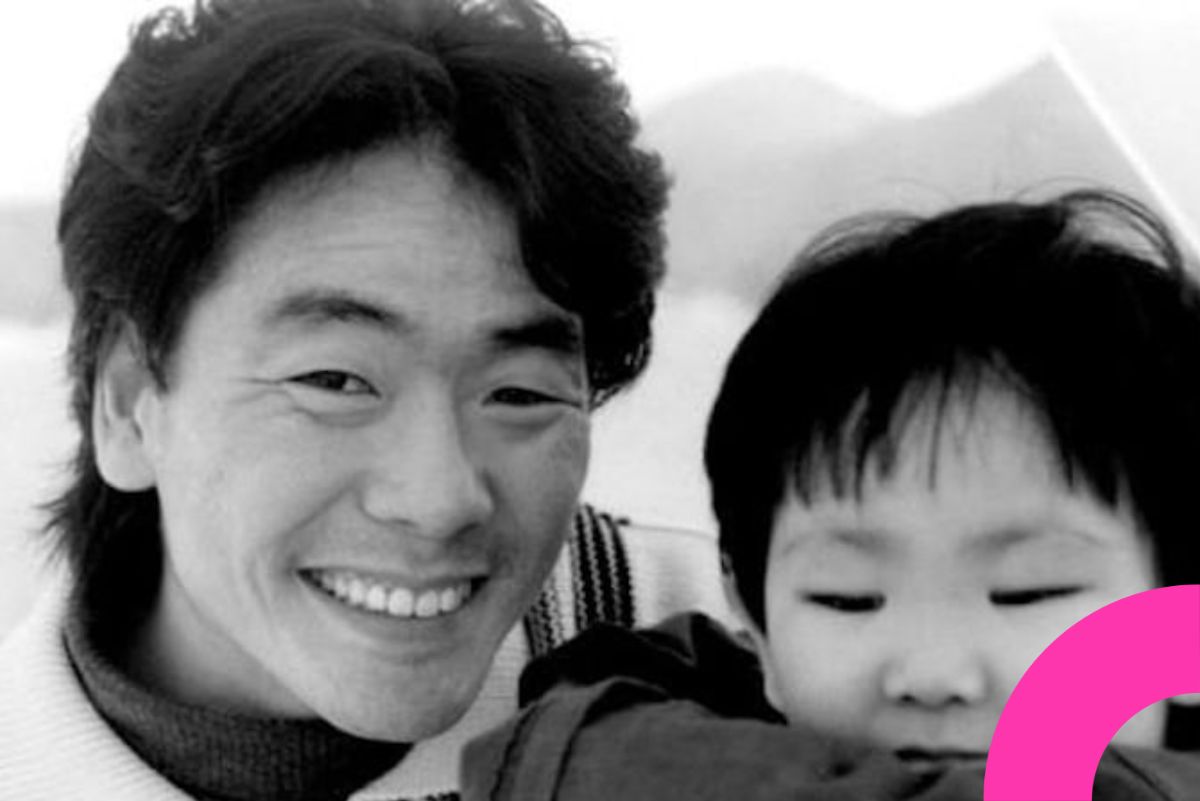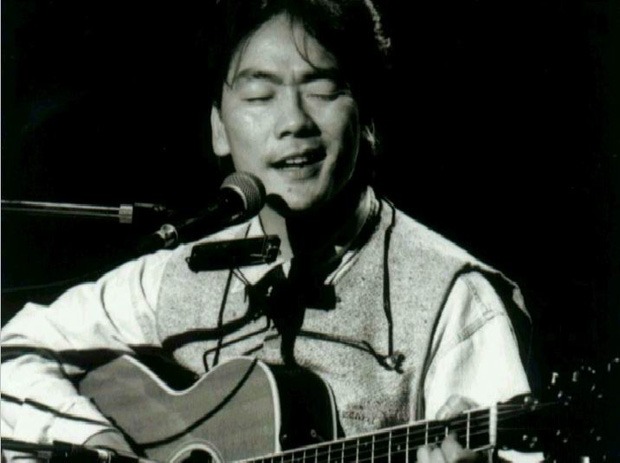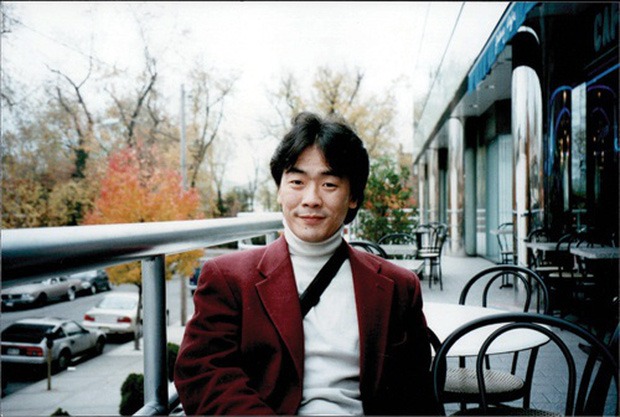
Nearly three decades have passed, yet the tragic and mysterious death of legendary singer Kim Kwang-seok continues to cast a long shadow over South Korea’s entertainment industry. Known as one of the most iconic voices of the 1990s, Kim’s deep, emotional songs captured the soul of a generation, and his death on January 6, 1996, has never stopped haunting the public.
The Shocking Death, and Its Many Questions
On the morning of January 6, 1996, Kim was found hanged in his home in Seoul. His wife, Seo Hae-sun, claimed he had been suffering from depression and attributed his death to suicide. The police, acting quickly, closed the case without an autopsy.

But those close to him paint a different picture: a man deeply devoted to his young daughter, thriving in his career, and preparing for a divorce just a day later. Why would someone with so much to live for end everything so suddenly?
His wife, Seo Hae-sun, claimed he had been drinking and was battling mental health issues. Yet her vague testimony, especially the 50-minute delay before calling police, has long drawn scrutiny. Even more unsettling, it was revealed years later that their daughter had died in 2007 from pneumonia, but the death was hidden for a decade, even from Kim’s own family.

In 2017, investigative journalist Lee Sang-ho released a documentary titled “Suicide Made,” questioning the official version and suggesting foul play. He points out that Kim’s death occurred just one day before a scheduled court hearing regarding his divorce from Seo Hae-sun. Upon his death, she inherited his assets, reportedly worth 10 million USD (approx. 14.2 billion KRW), while their daughter, Seo-yeon, was to receive royalties from his music. With Kim’s and then his daughter’s deaths, Seo Hae-sun became the sole heir, intensifying suspicions among the public.

“Is there any mother in the world so busy that she wouldn’t report her child’s death, or tell anyone for years?” Lee questioned in an interview.
Despite ongoing speculation, no conclusive evidence has ever been brought against Seo Hae-sun. Still, the case remains a chilling reminder of how fame and fortune can sometimes intertwine with dark mysteries.
A Legacy Etched in Song
Despite the shadow over his death, Kim Kwang-seok’s music continues to inspire. His birthplace Daegu has honored him with a street named after him, and his songs are frequently covered by newer generations of artists such as AKMU’s Suhyun and MAMAMOO’s Solar.

Yet, as long as questions remain, so too will the public’s desire for truth. “What really happened that night?” continues to echo through the hearts of those who admired him. For many, Kim’s legacy is one of both beauty and unanswered sorrow, an immortal voice wrapped in an unresolved tragedy.
